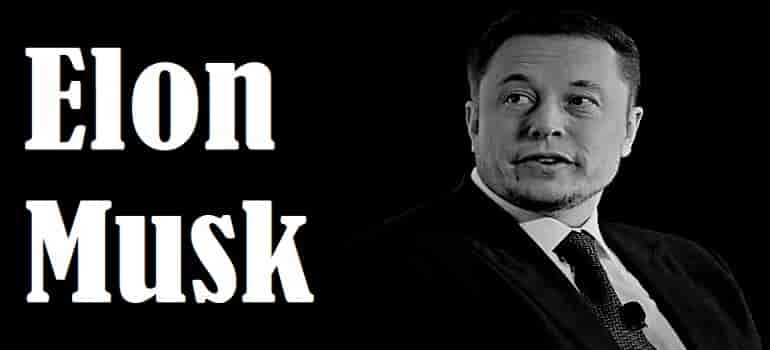Elon Musk’s Company Seeks Incentives for Battery Factory in India
Tesla, the electric vehicle (EV) giant led by Elon Musk, has unveiled plans to manufacture and sell battery storage systems in India. Sources familiar with the matter revealed that Tesla has submitted a proposal to Indian officials seeking incentives for the construction of a factory, marking a significant move as the company continues its efforts to establish a presence in the country.
While Tesla has been engaged in discussions regarding the possibility of setting up an EV factory in India to produce a more affordable car priced at approximately $24,000, the company’s renewable energy initiatives have largely remained undisclosed until now.
In recent meetings held in New Delhi, Tesla presented its proposal to enhance India’s battery storage capabilities with its “Powerwall” system. The Powerwall is designed to store electricity generated from solar panels or the grid for use during nighttime or power outages. However, it’s worth noting that despite Tesla’s request for incentives to establish a battery storage factory, Indian officials have indicated that such incentives may not be available. Instead, there’s potential for the government to assist in creating a favorable business environment for Tesla by offering subsidies to consumers who purchase these battery storage products.
Although both Tesla and the Indian government have expressed interest in the proposal, it remains uncertain whether this plan will come to fruition, according to the initial source. The introduction of the Powerwall system is part of Tesla’s broader strategy to expand its presence in India, extending beyond electric vehicles. The company aims to target both residential and industrial customers for its battery storage solutions.
“Significant policy-level adjustments will be required to realize Tesla’s intent of establishing the Powerwall business in India,” emphasized the source.
As of now, neither Tesla nor representatives from the Indian government have provided official comments or responses regarding this development.
India has been working to bolster its electricity supply to towns and villages, but challenges persist, particularly during peak demand periods. The country heavily relies on coal-based power generation due to the high costs and limited availability of storage technologies. In 2022, India faced a severe power crisis, highlighting the need for modernized infrastructure and energy solutions.
India’s ambitious goal is to increase its non-fossil fuel power capacity to 500 GW by 2030, a significant leap from the current capacity of 186 GW.
Tesla’s Powerwall is a compact unit designed to be installed in garages or outside homes, standing at approximately one meter in height. While initially targeted for domestic and light commercial use, Tesla is considering the development of larger-scale solutions for industrial applications if its plans in India progress as envisioned.
Indian authorities have stressed the importance of Tesla reducing the cost of its battery storage products. The government sees potential in assisting Tesla in this regard to stimulate demand, which is expected to be substantial.
In the United States, the Powerwall system costs more than $5,500, with additional expenses for solar panels. It is eligible for federal tax credits and local incentives related to solar and energy storage. Recent developments even saw Powerwall users in Texas agreeing to sell surplus power back to the state’s electric grid, showcasing the system’s versatility and potential impact on energy management.
As Tesla’s proposal awaits further consideration and potential policy adjustments in India, the company’s foray into battery storage systems could play a pivotal role in addressing India’s energy challenges and promoting renewable energy adoption in the country.


